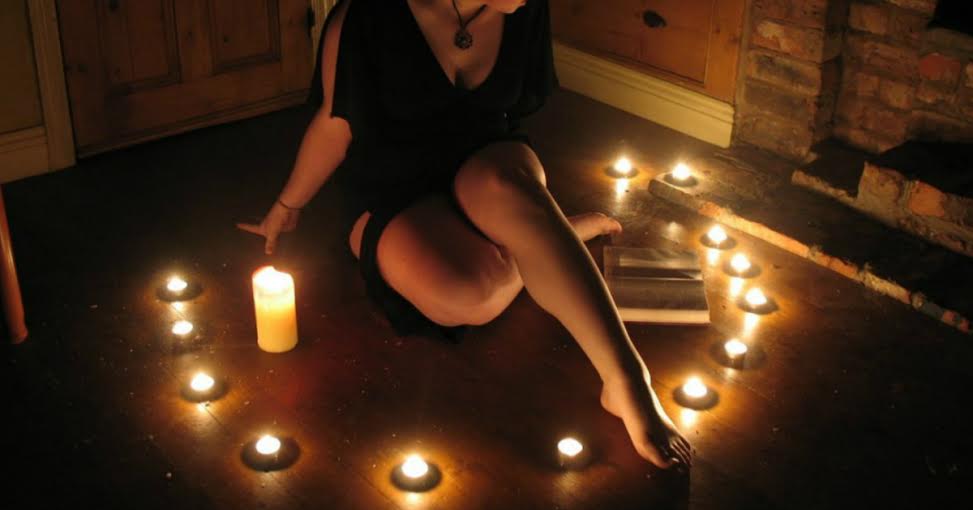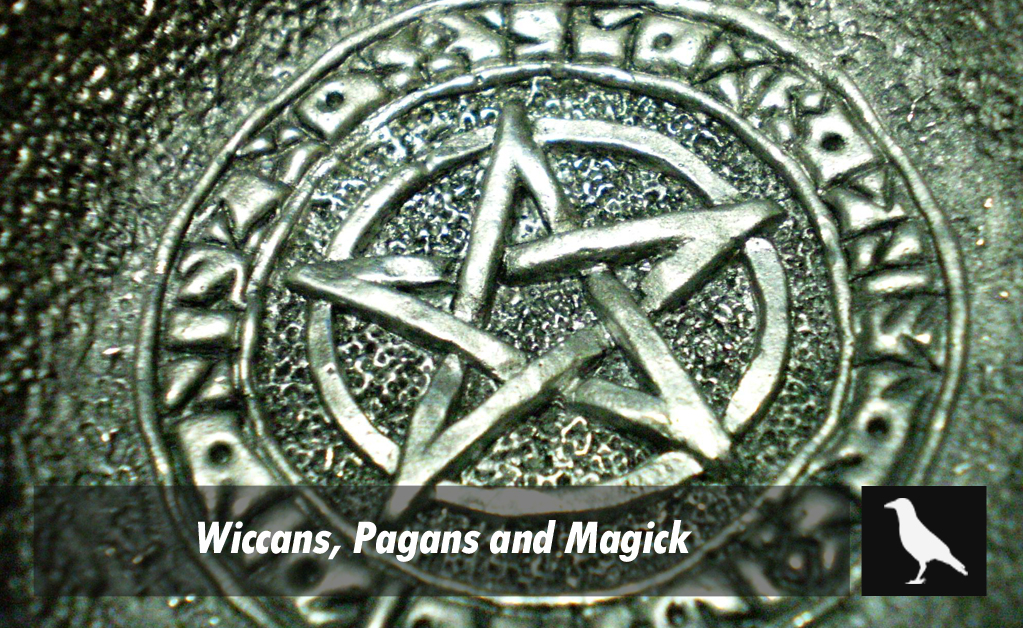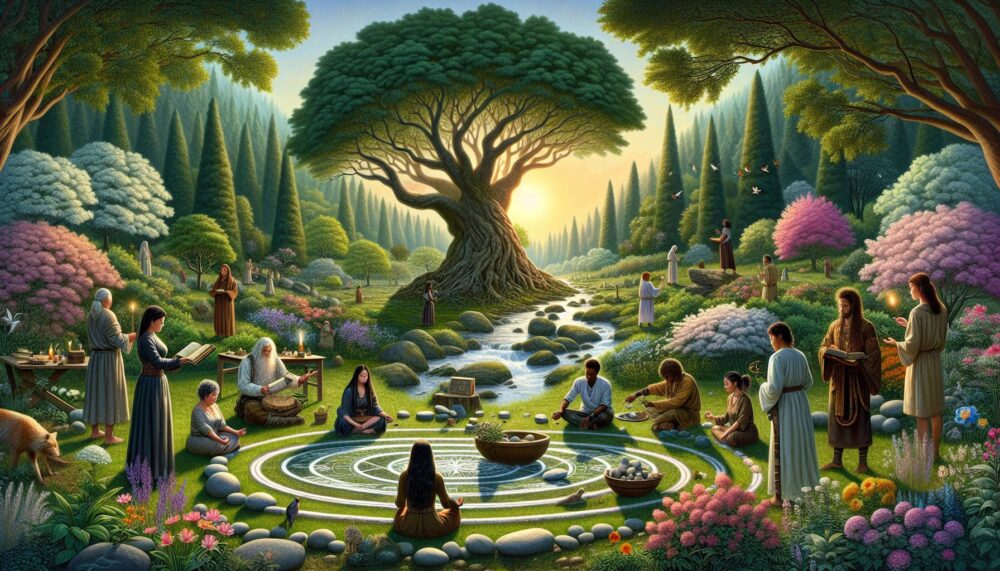Many individuals confuse Wicca with Paganism… and it’s understandable. In this piece, we will explore the reasons behind this and investigate some prevalent misunderstandings.
Paganism serves as an umbrella term that encompasses Wicca (and various other paths). Paganism describes any nature-based or earth-centered belief system, which aligns with what Wicca represents. Thus, it is accurate to state that Wicca IS Paganism. Therefore, if you identify as a practicing Wiccan, then you are indeed a pagan, but bear in mind that not every pagan is necessarily a Wiccan.
There is a common notion that practicing witchcraft means one is automatically a Wiccan (since Wiccans engage in witchcraft). However, numerous individuals also practice witchcraft while adhering to different religious frameworks…
…and many others do not subscribe to any specific belief system.
What defines a Wiccan?

As Wiccans, it is essential to hold a belief in the Wiccan faith. You follow the Wiccan moral code, known as the Wiccan Rede, which emphasizes avoiding harm to others to prevent it from coming back to you three-fold.
As a Wiccan, you subscribe to the belief in three primary sources of energy: your own personal energy, the energy of the earth, and the divine energy.
Most (though not all) Wiccans also adorn themselves with Wiccan jewelry and other items rich in symbolism.
Wicca and Magick
The mind holds great power—powerful enough to influence the world.
A key trait of a devoted Wiccan is the practice of magick (the extra K serves to distinguish it from the tricks of magicians and illusionists).
For Wiccans, magick is a force that merges psychic energy (which lives within each person) and the willpower needed to create supernatural effects.

One form of magick that many Wiccans practice involves casting spells. The spells Wiccans perform are deeply spiritual and commonly take place within rituals. They typically involve cauldrons, crystals, stones, elixirs, and spellbooks, all utilized to channel energies.
The magick practiced by Wiccans does not contradict the laws of physics. One cannot receive more than what is put in. It is not akin to what is portrayed in films. This practice is rooted in enhancing the divine flow. How effective it is significantly depends on personal belief.
Key Points:
- Every Wiccan is a Pagan, but not every Pagan is a Wiccan.
- Wiccans engage in Witchcraft, yet you need not be a Wiccan to practice it.
- Magic and Magick are not synonymous.
- Our Magick does not break the laws of physics; we just seek to stretch them a bit. 😉
I appreciate you taking the time to read this. I would love to hear your feedback and inquiries. Even if it’s just a quick hello, it would mean a lot to me. 🙂



